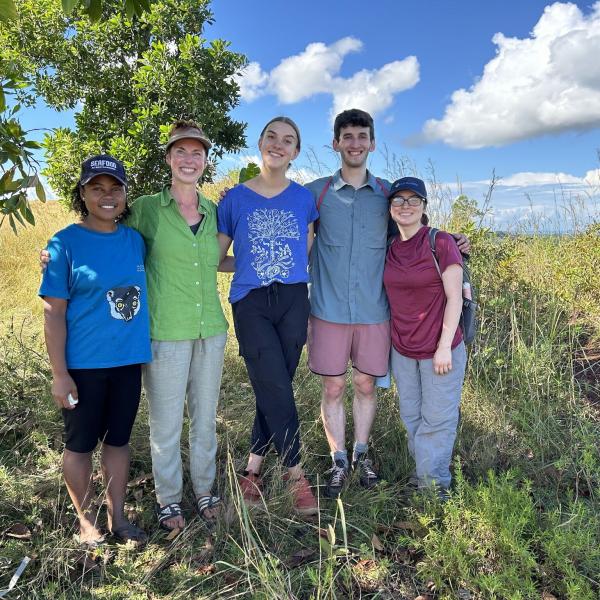As Mellon Mays fellows, undergraduates Jordan Coley, Yohanes Mulat, Zari Muhammad, Gabriela Senno and Kennedy Young will pursue original research projects that pertain to identity, social justice, and diversity.
The Mellon Mays Undergraduate Fellowship (MMUF) is excited to welcome its 28th cohort of fellows at Washington University. This two-year fellowship supports original undergraduate research projects in the humanities and social sciences that pertain to identity, social justice, and diversity. Students apply to the program as sophomores and work closely with a faculty mentor during the semester and the summers as they develop and conduct their research.
The new cohort joins at a troubling and disorienting time, as students and instructors adapt to life away from campus and transition to fully online coursework in response to the ongoing COVID-19 pandemic. Wilmetta Toliver-Diallo, MMUF administrative coordinator, spoke to the value of MMUF at this particular moment in Washington University's history.
"At the heart of the Mellon Mays Fellowship is building community and cohort," Toliver-Diallo said. "Our fellows support each other through many personal and academic journeys, and our current period is no different. It is in times of uncertainty that true scholar-leaders emerge. I am confident that our fellows – knowing of their interests, research projects, and hearts – are preparing for that task; I feel good about the future of academia as a result."
"It is in times of uncertainty that true scholar-leaders emerge. I am confident that our fellows – knowing of their interests, research projects, and hearts – are preparing for that task; I feel good about the future of academia as a result."
While welcoming the newest cohort, senior and current MMUF fellow Taylor Smith shares her appreciation for the program. "Oftentimes I cite applying and being accepted into Mellon Mays as one of the pivotal experiences of my undergraduate career, not because of the name recognition of the program and its addition to my resume, but because of the compassionate and collaborative nature of the Mellon community at WashU and beyond," Smith said. "As the end of our undergraduate career has been unforgettably shaped and tested by this global pandemic, I have been able to look to this community for guidance and reassurance that has aided me in attempting to deal with one of the most emotionally draining portions of my college career."
Washington University has benefitted from the training provided by the foundation and has its largest number of MMUF alumni among its teaching faculty. MMUF alumni at Washington University include Associate Professor Michelle Purdy (Educational Studies), Assistant Professors Rhaisa Williams (Performing Arts), Lauren Eldridge (Music), and Christopher Eng (English). It also includes postdoctoral fellow Joy Sales (American Culture Studies).
The projects pursued by this year’s cohort are extraordinarily diverse in subject matter, making the MMUF seminar, led by program director Rafia Zafar, lively and engaging. "One of the highlights of my academic career has been leading the Mellon Mays Seminar and mentoring these talented young people," said Zafar. "This chosen cohort is an extremely talented group of scholars," Toliver-Diallo added. "It will be a delight to see how their projects continue to develop and evolve.”
Meet the new cohort below, and hear about their individual academic interests:
Yohanes Aleligne Mulat
Majors: Religious Studies, Political Science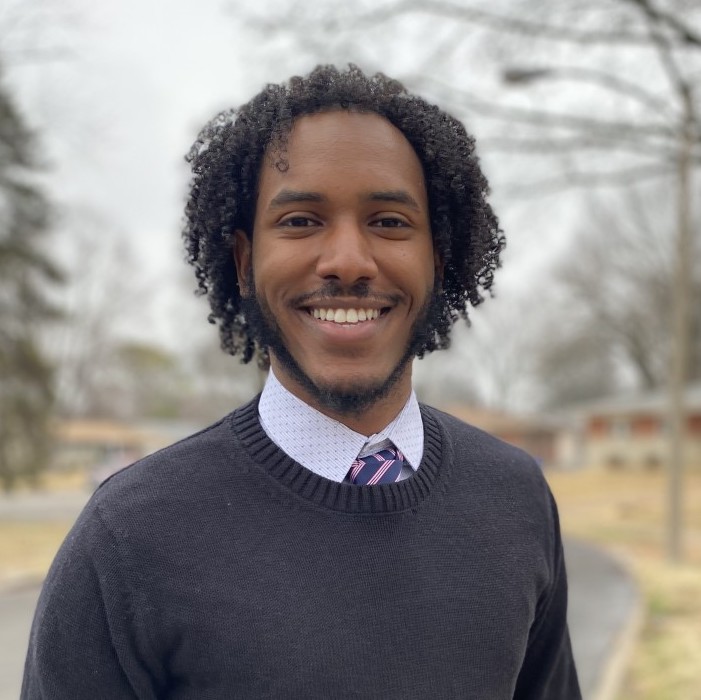
Minor: Arabic
Mentor: Tazeen Ali
Project Title: "Trans-generational Solidarity: How Fighting Imperialism Kept a Bond Alive"
Project Description: My project is an analysis of the trans-generational solidarity between Black American activists and Palestinians both in the '60s era with the rise of Black Power and today through the Black Lives Matter movement, tracing the rhetoric used in both eras and highlighting how the current BLM uses the same anti-imperial, pro-liberation rhetoric used during the '60s. Reexamining Black American and Palestinian solidarity is key to understanding how the transcontinental collaboration of marginalized groups fits into the Black freedom struggle both in the 1960s and now. By tracing this shared rhetoric, I intend to show how modern-day movements continue to emphasize a global responsibility in their fight for freedom.
Jordan Coley
Major: American Culture Studies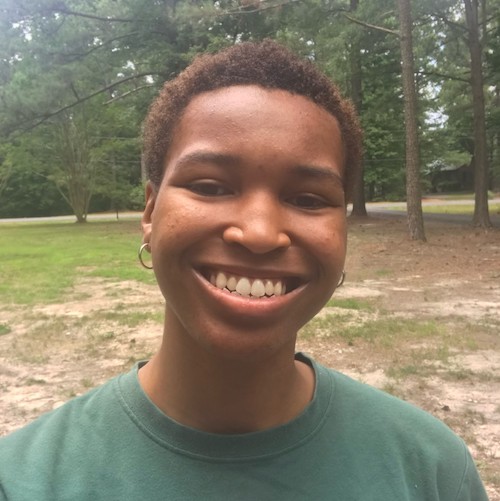
Mentor: Paige McGinley
Project Title: "Identity as a Spectacle: The Performance of Blackness in Slam Poetry"
Project Description: Black performance can be a site of freedom and language where performance enhances and expands notions of Blackness, but what does it mean to turn your identity into a spectacle? The act of performing a poem in front of an audience — rather than just reading it — in itself alters perception, because it becomes an embodied performance, rather than simply words on a page. Although spoken word can serve as a means of authenticity, it is still a curated performance, one that for Black performers may be heavily constructed around specific parameters of Blackness. Through examining the history of slam poetry, scholarship about the field, and the works of Black artists at both the collegiate and professional level, my project will analyze how African-American slam poets turn their identities into performance as a method of being seen, and the implications of these performances.
Zari Muhammad
Major: African & African American Studies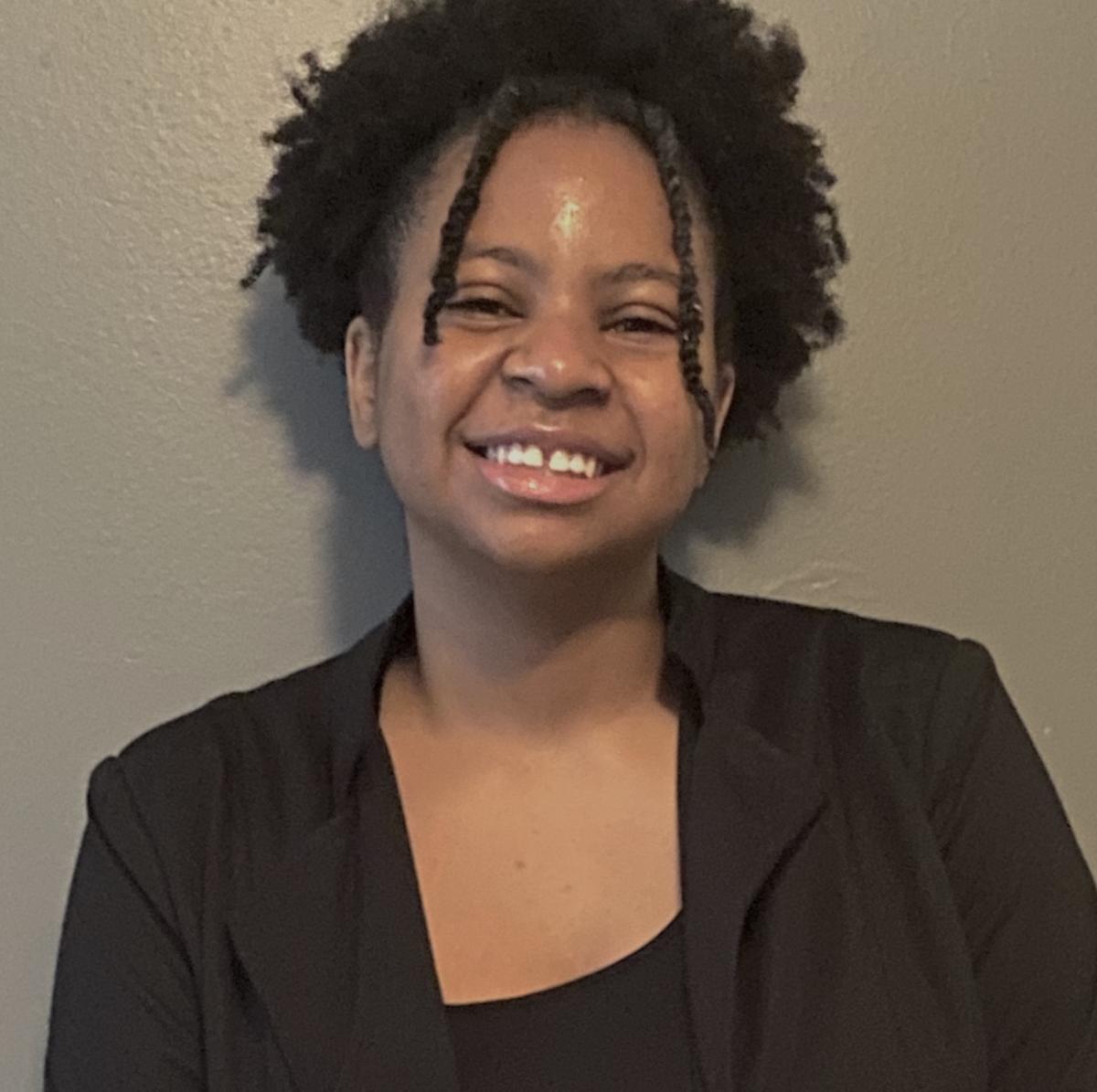
Minor: Arabic
Mentor: El Hadji Samba A. Diallo
Project Title: "'Nothing but the Son of a Black woman': What makes Black Islam 'inauthentic'"
Project Description: My project will focus on the creation of Black branches of Islam from North and West Africa to North America. In order to understand the implicit social and racial hierarchies within Muslim communities in North America, one must fully understand the history of Islam in Africa. After the expansion of Islam in North Africa the religion mixed with the values, beliefs, and practices of indigenous ethnic groups, like the Amazigh’en of North and West Africa, which ultimately creates forms of Islam racialized as “Black.” These forms are often considered inauthentic from the global Muslim community. My project will aim to understand why this disconnect occurs in the encompassing Muslim community and how to understand Islam and its racial components.
Gabi Senno
Majors: International and Area Studies (Global Cultural Studies), American Culture Studies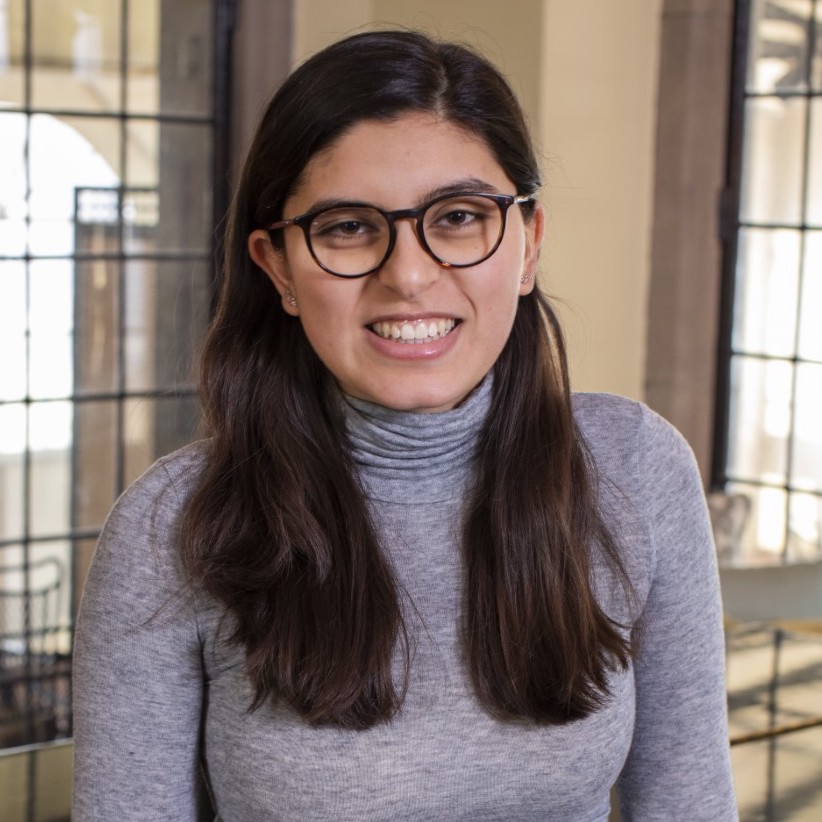
Minor: Spanish
Project Title: "Constructing Citizenship: The Role of Borders in Human Rights Violations"
Project Description: Sparked by the question “What happens when a border follows you?,” my research will focus on the capacity of state-imposed borders to suspend or limit access to citizenship and human rights. Specifically, I will analyze how racial minorities residing within the U.S., such as Japanese Americans, Latinx Americans, Native Americans, and African Americans experience borders, and how their status as racial “others” affects the degree to which they are integrated as American citizens. My goal is to highlight the common factors that unite these case studies, while also providing the nuance and individual attention each deserves.
Kennedy Young
Majors: Sociology, African & African American Studies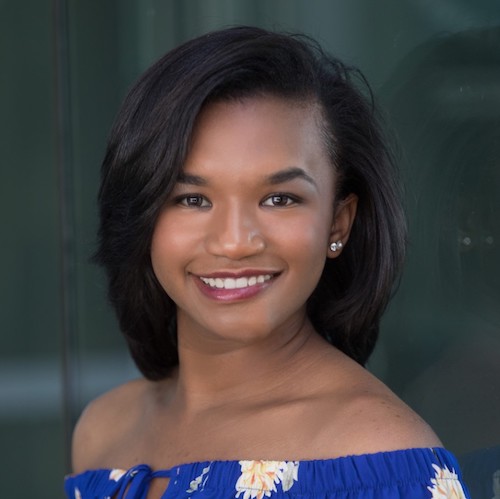
Minor: Women, Gender, and Sexuality Studies
Mentor: Hedy Lee
Project Title: “'Armed’ Career Criminals: An Examination of the Contradictions and Consequences of Firearm Possession”
Project Description: Despite the national trends towards decarceration, Arkansas’ prison population is rising, which makes the state a unique case study for revealing the ways macro-level policies shape local Black communities. My project aims to explore the racialized social impact of the Armed Career Criminal Act, a federal mandatory minimum policy, in the Eastern District of Arkansas for Black men and women. The project will integrate historical and feminist analyses with ethnographic methods and in-depth interviews to understand the personal experiences of Black people sentenced under the policy and members of their support systems. By viewing the policy through a feminist lens, my research will reveal the gendered contradictions of firearm possession and usage for women who are either incarcerated under the Act or who may be connected to loved ones imprisoned as a result of the Act. Ultimately, my work deepens the emergent field of Carceral Studies by lobbying for a more grounded case study approach.

